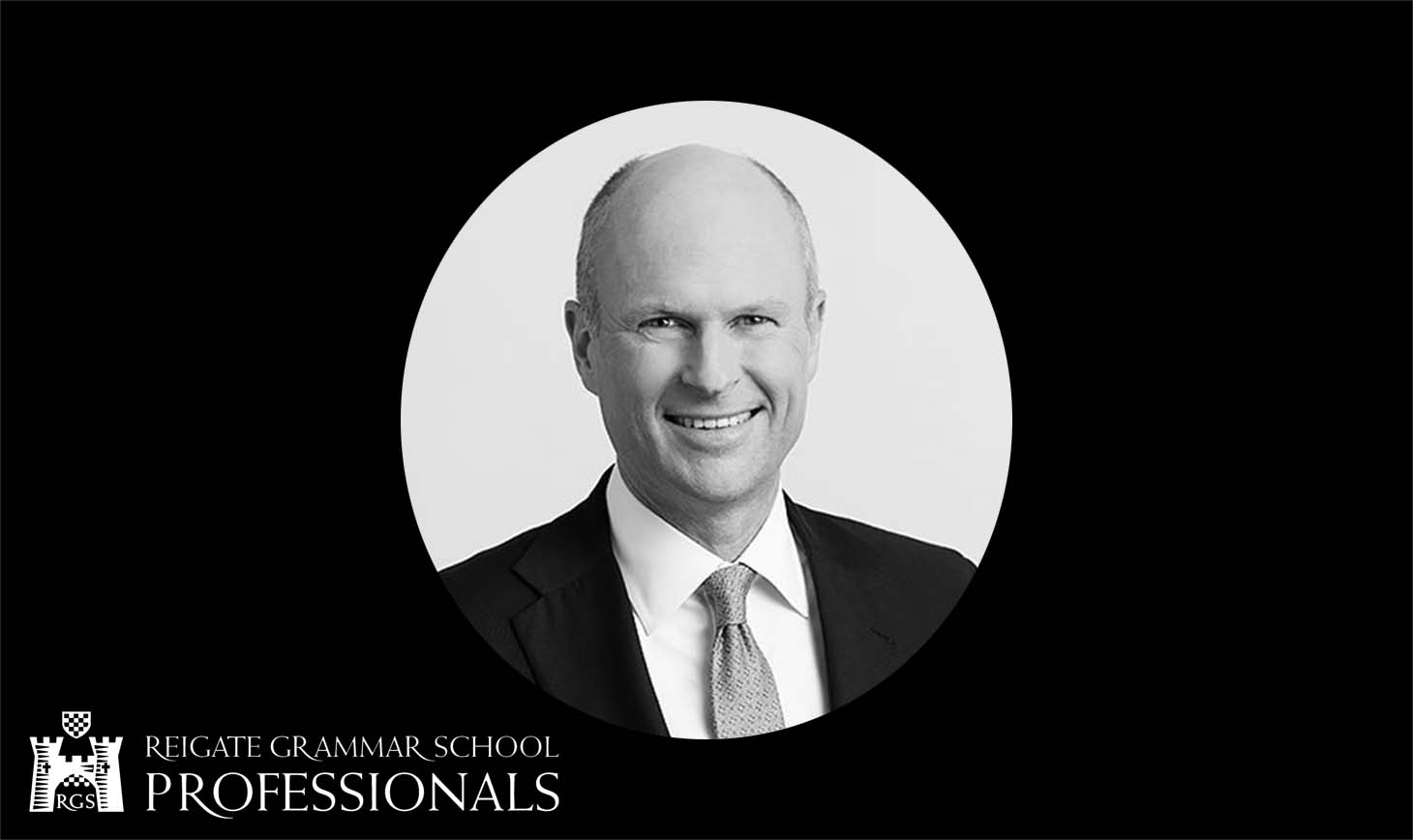
Member Spotlight: Paul Morris
When your company comprises more than 45,000 employees worldwide, making the most of everyone’s talents and skills is no small feat. Ranked in Exelon’s Diversity and Inclusion Honor Roll, as well as Talent Management magazine’s annual Diversity Value Index, Willis Towers Watson has had a long-standing commitment to inclusion and diversity.
Paul Morris (RGS parent) serves as Head of the Western Europe Region at Willis Towers Watson. In this profile, Paul shares his passion for the topic – and what an organisation can do to create a culture of shared opportunities where everyone can succeed.
First, a bit of background. What were your first steps in your early career?
My mother is American and my father is British, so even though I grew up and attended school in California, I had a feeling that I would make my way to the UK someday. After studying applied mathematics at Harvard University, I began my career as a consulting actuary. I spent a lot of the late eighties hunched over a computer modelling pension fund assets and liabilities. Consulting allowed me to apply my mathematics degree to a wide range of client issues – I didn’t want to be stuck in a lab or research function. I wanted to be out and about, working with a variety of people and helping them to improve their businesses. It also gave me the opportunity to live and work globally. Early in my career, I had the opportunity to work in Los Angeles, San Francisco, New York and London before settling in Reigate in 1995. My family and I have been here ever since.
What do you most like about your role?
The people. We have smart, hard-working and fun colleagues all over Europe. When I meet with them, I always learn something new and I feel energised by their ideas and enthusiasm. I also love working in the wide range of European cultures that we have right on our doorstep. I’m never bored!
What has been your biggest achievement?
When I joined the company in London, we had around 300 employees in Europe. Thirty years and three major mergers later, we now have 15,000. I love the fact that we have built such a successful business from relatively small beginnings.
What was the hardest thing about making inclusion and diversity efforts successful?
Initially, the hardest bit was getting our leadership to recognise that having a more inclusive and diverse workforce was not only the right thing to do socially, but also good for our business success. Inclusive companies are better able to recruit talented people from all walks of life.
Diverse teams are more creative and make better business decisions. Clients prefer to work with advisors who bring a range of talent, skills and ideas to the table. Fortunately, most people today recognise that inclusion and diversity is a key component of sustaining a successful business.
And the best bits?
Not too long ago, our Paris office hosted an innovation “hack-a-thon” – over the course of two days, 40 of our French colleagues worked in teams to solve some really interesting, challenging problems that our clients will face in the future. What made this event so successful was the diversity of thought and experience that each team brought to the table. It was a powerful example of what a team – or organisation – can do when every voice is heard and counted.
With your son just awaiting his A-Level results after studying at RGS, what would your advice be to him and his friends about their careers?
Find something that challenges you every day. It’s rare that any two days look alike for me. Whether I’m travelling to a new country, solving a new client problem or speaking about a new trend in our industry, it’s safe to say that my job keeps me on my toes. If you can find the same, you always will have opportunities to keep learning, growing and having fun.
